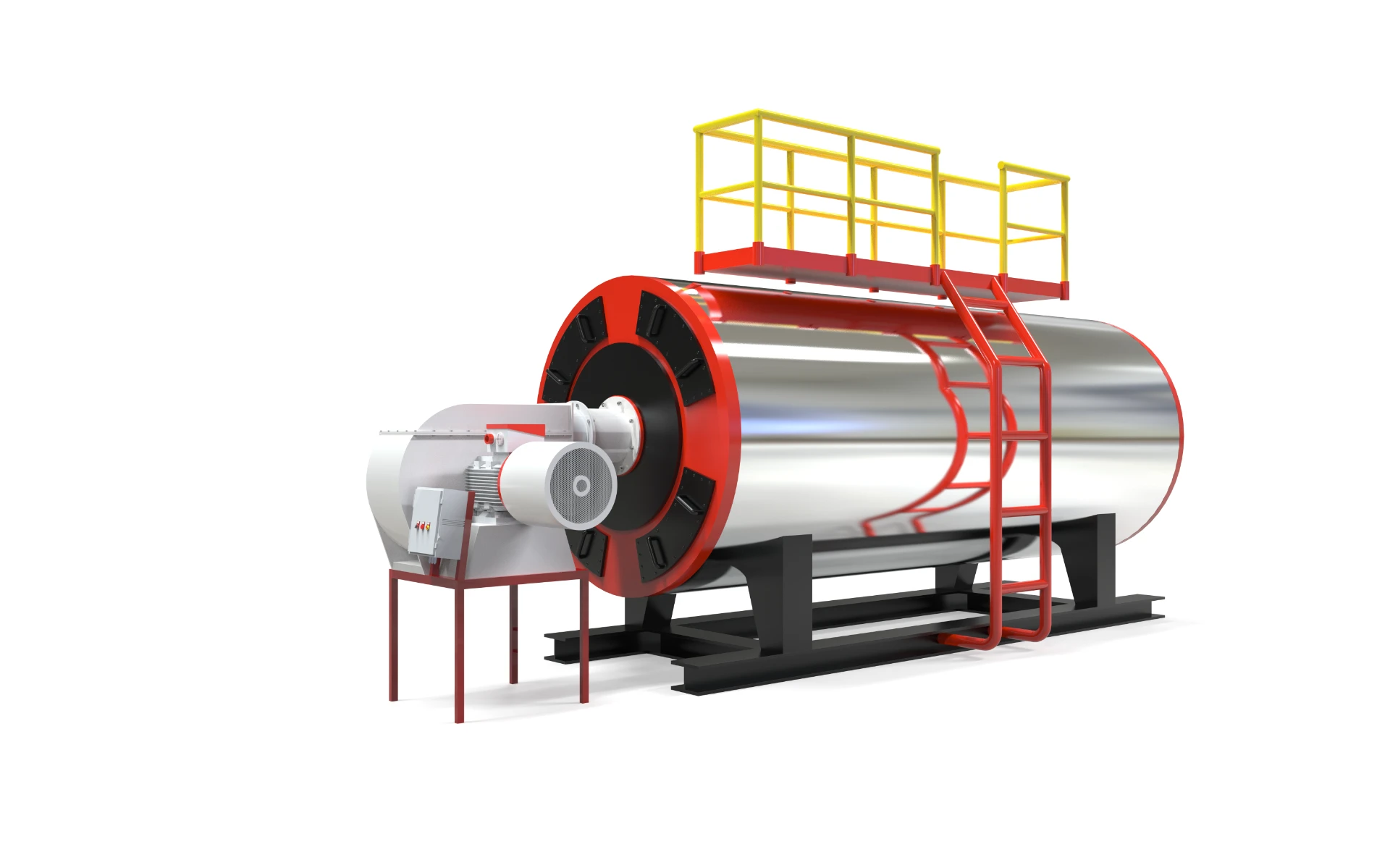
តុលា . 11, 2024 00:31 Back to list
steam boiler vs water boiler
Steam Boiler vs. Water Boiler Understanding the Key Differences
In the realm of heating systems and industrial applications, the terms steam boiler and water boiler often arise. While both devices are crucial for generating heat and facilitating various processes, they possess distinctive features that cater to different needs. This article delves into the key differences between steam boilers and water boilers, shedding light on their respective functionalities, advantages, and applications.
What is a Steam Boiler?
A steam boiler is a device designed to convert water into steam by applying heat. This steam is produced at high temperatures and pressures, making it suitable for various applications, such as electricity generation, heating, and powering machinery. The steam generated can be used in heating systems, steam engines, and industrial processes requiring high-temperature steam.
At its core, a steam boiler operates by heating water to its boiling point. Once the water evaporates, it collects in the steam system and is distributed to where it is needed. Steam boilers are classified into two main types fire-tube and water-tube boilers. Fire-tube boilers contain hot gases from the combustion process that pass through tubes immersed in water, while water-tube boilers have water-filled tubes heated by combustion gases.
What is a Water Boiler?
In contrast, a water boiler, as the name suggests, is primarily designed to heat water, but it does not convert water into steam. Instead, it maintains water at a consistent temperature, making it suitable for low-temperature heating applications such as space heating and domestic hot water supply. Water boilers typically operate at lower pressures compared to steam boilers and may be classified as either hot water or high-efficiency boilers.
Water boilers come in various configurations, including conventional boilers, combi boilers, and system boilers. These units are often utilized in residential and commercial settings, providing consistent hot water for heating systems, showers, and other everyday applications.
steam boiler vs water boiler

Key Differences Between Steam Boilers and Water Boilers
1. Temperature and Pressure The most significant difference between steam and water boilers lies in their operating temperatures and pressures. Steam boilers operate at high pressures and temperatures to produce steam, while water boilers operate at lower temperatures and pressures, heating water rather than generating steam.
2. Applications Steam boilers are often used in industrial settings, power plants, and heating systems that require high-temperature steam for processes such as sterilization, cooking, and electricity generation. On the other hand, water boilers are typically used for residential heating and domestic hot water supply.
3. Efficiency Water boilers can offer higher efficiency ratings at lower temperatures compared to steam boilers. However, steam boilers can be more efficient in applications where steam is necessary, as they can transfer heat rapidly and effectively to the intended process.
4. Construction and Components The design of steam boilers is more complex, as they need to handle high pressure and contain safety features to prevent explosions. Additionally, steam boilers may require more extensive maintenance and inspections due to the potential hazards associated with high-pressure steam. Water boilers, while still requiring maintenance, generally have simpler designs and fewer safety concerns.
5. Heat Transfer The method of heat transfer also varies between the two types of boilers. Steam boilers transfer heat through steam, which can travel long distances efficiently. Water boilers transfer heat through heated water, which is typically confined to shorter distances and integrated within a closed loop system.
Conclusion
In summary, understanding the differences between steam boilers and water boilers is essential for selecting the right heating system for specific applications. Steam boilers excel in high-temperature, high-pressure applications suited for industrial settings, while water boilers serve effectively in residential and low-temperature heating contexts. Both systems have their unique benefits, and the choice ultimately depends on the specific requirements of the user. When deciding between the two, weighing factors such as application, efficiency, and safety considerations will guide you toward making an informed choice for your heating needs.
-
Best Steam Boiler Design PDF Free Design Calculation & Diagram Downloads
NewsJun.10,2025
-
Hot Boiler Water Heater Efficient Heating Solutions for Home & Commercial Use
NewsJun.10,2025
-
Steam Boiler Safety Devices High-Quality Protection Valves
NewsJun.10,2025
-
Ultimate Steam Boiler Checklist for Safety & Efficiency
NewsJun.10,2025
-
Optimal Hot Water Boiler Temperature Setting Guide
NewsJun.10,2025
-
Effective Hot Water Boiler Chemical Treatment Protect & Maintain
NewsJun.09,2025
Related PRODUCTS






















